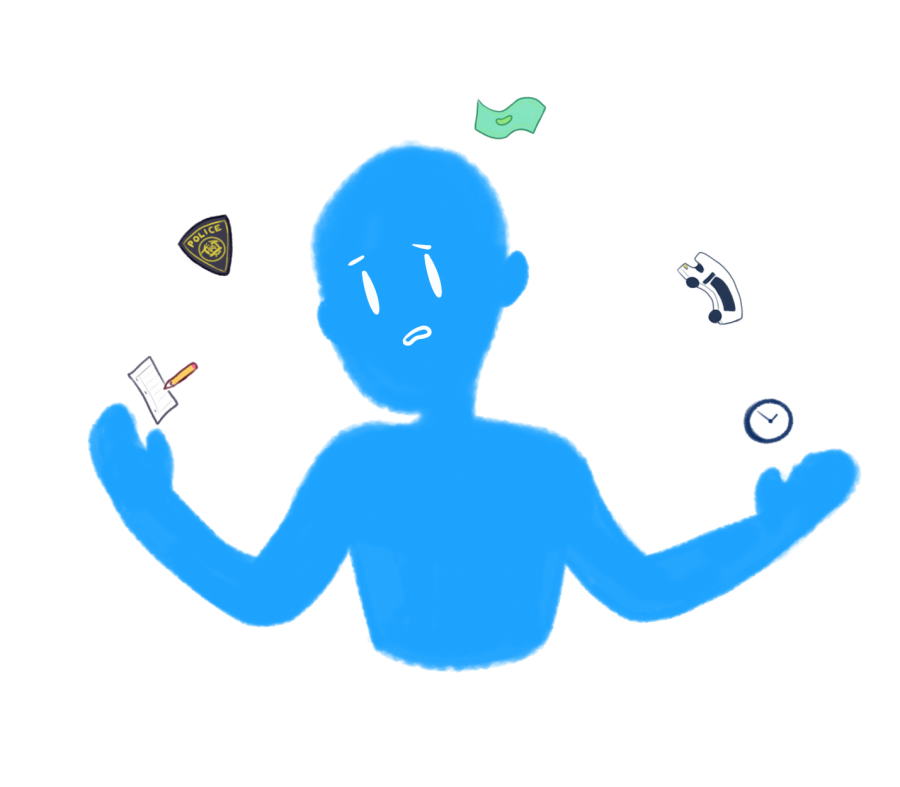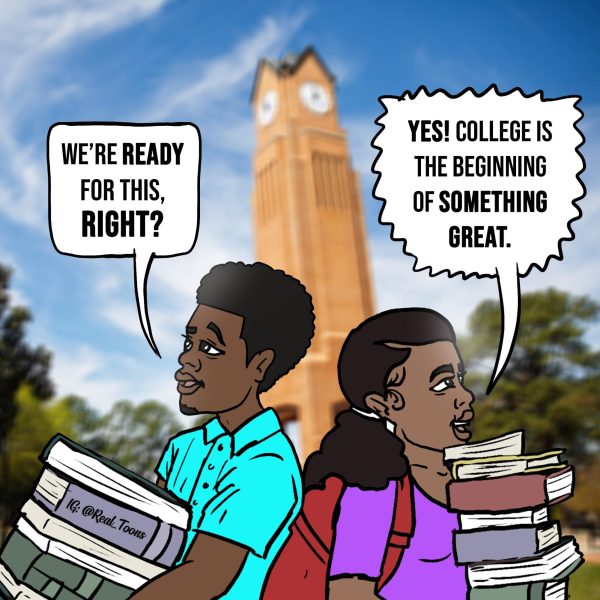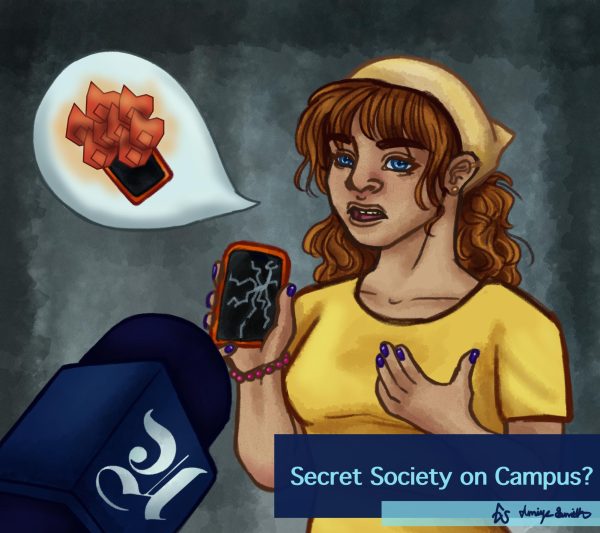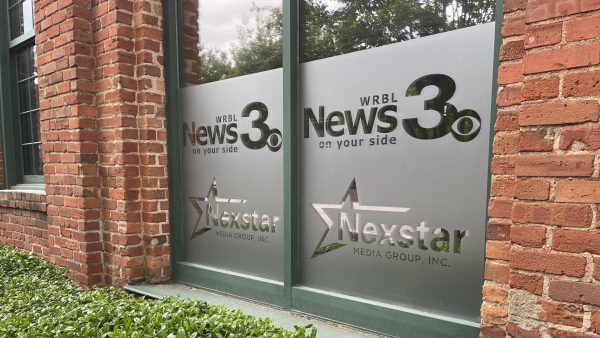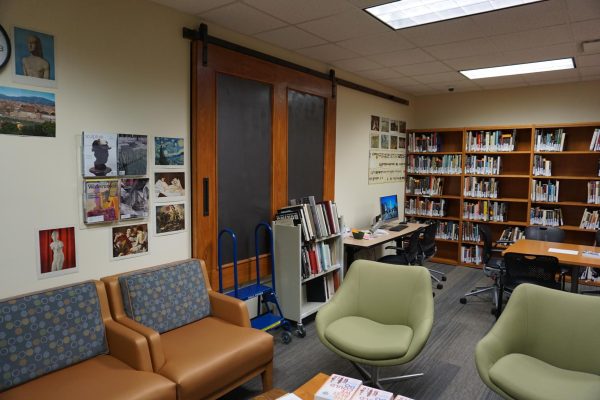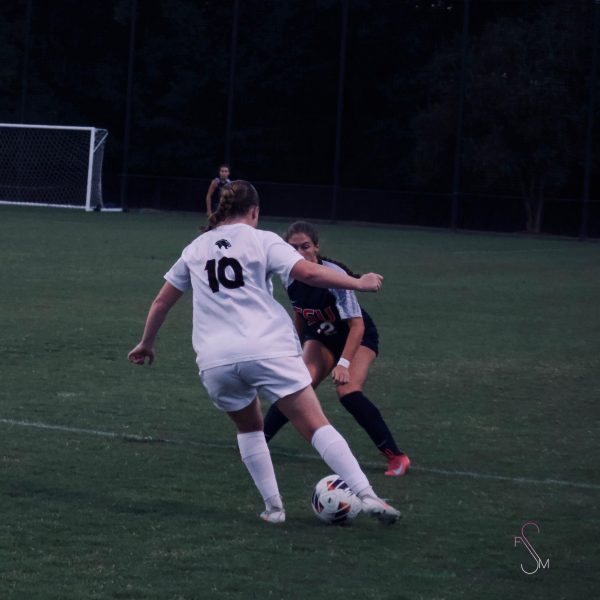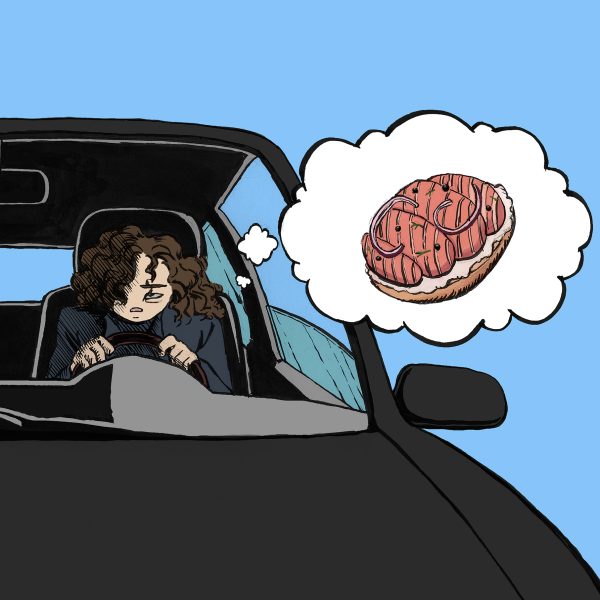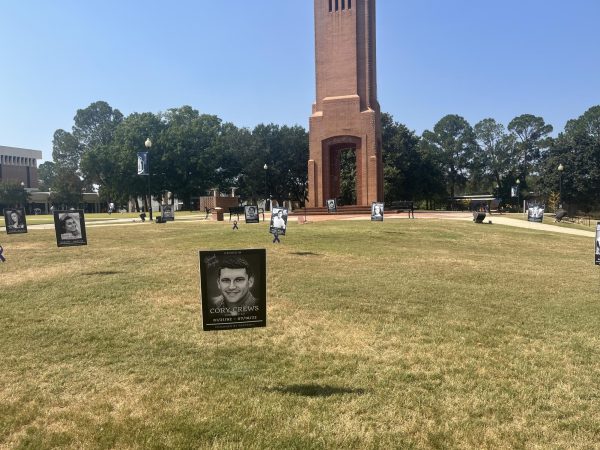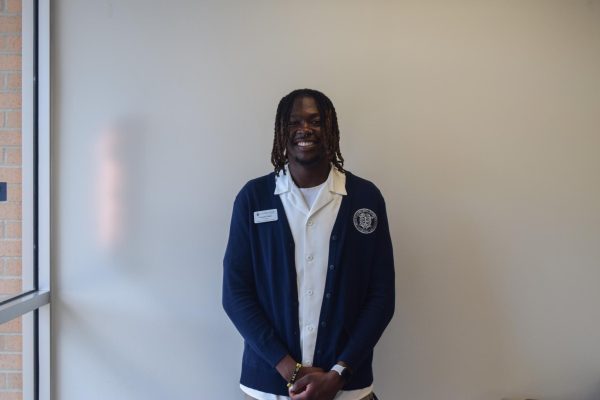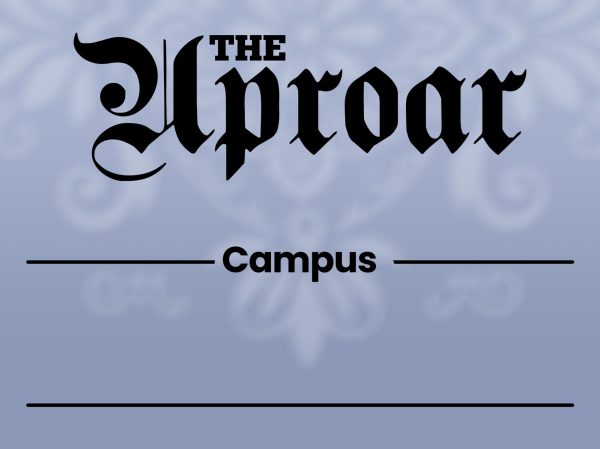Freshmen, Pay Attention!
First-hand knowledge that may come in handy later.
61% of anxiety-ridden students report to counseling according to the American Psychological Association. College can be overwhelming, especially for incoming freshmen. To make this life transition a bit easier, The Saber staff presents some key information that may help you during your first semester at Columbus State University.
Convocation
For some of you, you may be hearing this word for the first time. Convocation, however, is what it sounds like: a large gathering of people to form an assembly. Convocation is meant to gather students of the same major to meet and discuss upcoming changes or additions for the semester. For example, an English Major will attend an English Convocation, an Art major an Art Convocation, and so on.
Each student is required to go to five convocation events over the semester. These events will be detailed in a mass email sent to students a couple weeks into the semester. For some, convocation itself is not a requirement to attend, but if you do, you learn vital information. Topics include any changes to the curriculum, upcoming study abroad and scholarship opportunities, and extracurricular opportunities geared towards your major. As a further incentive, free food and drink is provided at some convocations. Also, for certain majors, if you attend convocation the required events to attend over the semester goes from five to three.
Advisors/Enrollment
Students are required to visit their advisor to enroll in classes for next semester. This is called the Academic Advising Period and the time frame can be found on the Academic Calendar on the CSU website. Advisors are meant to help guide students make intelligent choices on their career path at CSU and will try and determine the best route for a student to take when taking their classes.
On the CSU website, go to ‘Academics,’ click the ‘Degrees and Majors’ tab, then ‘Baccalaureate Degrees,’ then click your assigned major. Select ‘Program of Study’ on the right hand side of the screen. This plan tells you exactly what classes you need to take according to your major.
Areas A-E Are what people typically refer to as your “associates degree” and will be the general classes you take. Areas F-H are classes directly correlated with your major and will be your “bachelors degree.” Area I, the final area, is for electives and can be any class. Each area has a required amount of credit hours to complete. Credit hours are the required hours needed to complete your degree, and some classes are worth more credit hours than others.
Study this plan closely, let it become your friend, and plan ahead before your visit to your advisor. See what classes— and what times— work best for you through your MyCSU account. Your MyCSU account can be accessed through the CSU website by clicking the MyCSU tab, going to ‘Students,’ then ‘Student Records,’ and clicking ‘Class Schedules.’ Class Schedules, by selecting the term, will allow you to view classes that are available for the next semester, their times, who is teaching them, and how many credit hours they are worth. This is a great resource to use when planning out your schedule for future semesters, especially since some major-related courses are only available during Spring or Fall semesters.
Your advisor is dealing with hundreds of students in a short time period. They may not know your individual case, so it is your job to come prepared to your advisor meeting. Come to their office with a tentative schedule and see if they have any suggestions rather than waiting for them to tell you what you need to take. If you have any questions, take initiative and write them down beforehand.
CSUPD
Columbus State University Police Department is here to keep us safe, but what a lot of students do not know is that they offer other services. If your car battery died because you left your headlights on, you can call CSUPD and an officer will come out and help you jump your car. Not only are their cars equipped to jump start vehicles, but officers also possess the equipment to unlock cars if you lock your keys in your car.
CSUPD can also be called to unlock buildings if students need to get inside and, if there is a legitimate safety need or if you feel unsafe, you can call the police department and be provided an escort when a unit becomes available. CSU gets a lot of new students in the fall, and it’s their first time away from home. CSUPD’s goal is to try and offer some assistance to those students who are facing some of life’s hard lessons for the first time. If you are curious as to what other services they can provide for you, feel free to give them a call at 706-507-8911.
Bus Schedules
CSU has two campuses: Main Campus and River Park Campus. Between these two campuses exists a shuttle system. These shuttle busses have multiple stops all around Main Campus and Downtown. Each stop has bus times posted and bus arrivals and departures can also be found online. To find the bus schedule arrival and departure times, go to the CSU website, click the ‘Student Life’ tab, then click ‘Campus Life,’ and look under ‘Campus Services’ for bus schedules. All times are listed, including weekend and holiday times.
These buses make it handy to travel between campuses. The ride is between 10-20 minutes depending on traffic, so if you plan to use the bus system frequently, ride it a few times at different times during the day to get a feel of how long that mode of transportation will take.
Main Vs. River Park Campus
Main Campus and River Park Campus differ by what classes they offer. Main campus offers a lot of the “core” classes—the classes responsible for the associates degree—and various degrees such as English, Science, and Nursing. RiverPark Campus contains classes concerning the Art Majors, which encompases Art, Dancing, Theater, Music, etc. Therefore, some students will be required to traverse between Main Campus and Riverpark Campus and vice versa. Consider your class schedule carefully and plan accordingly because commute time is not a legitimate excuse if you are late to class and are marked absent.
Make sure that when you are planning your schedules that you look closely as to where your class is offered. If traveling between campuses is unavoidable, then make sure you have enough time to drive or take the shuttle. Learn where your classes are beforehand. Take the time to visit campus before school starts and walk around. Learn the layout of campus so you know the travel distance between classes so you can stroll— or rush— to class accordingly.
Student Resources
There are a variety of resources available to students on campus for free. One resource is the library. The library is a great place to get primary and secondary resources, do research, find a quiet place to study, or find a public computer to use. The librarians there are happy to help, so do not be afraid to ask them questions. Students are also given a paper allowance of 300 sheets, but the printers only print in black and white.
If you require colored ink or need to print out posters or magazines, you can go to the Copy Center. This copy center is located in the Davidson and is available to students and teachers alike. All that is required for use is to have the file you need to print on hand. However, unlike the library, printing is not free at the Copy Center. Ask the clerk or call ahead to see how much your project will cost to print. Not to worry though, depending on what you print, the cost is low.
The Academic Center for Tutoring is a tutoring center designed to help students in science, math, writing, and the humanities. If you find yourself struggling in your classes, that’s okay. Visit the ACT in Woodall Hall to receive aid. You can make an appointment over the phone or schedule an appointment online through the CSU website under the ‘Select a Site’ tab. The ACT page under the ‘Students’ tab also provides quick resources for students to use such as handouts to avoid common mistakes in subjects or online tutorials. Online tutoring is also available, but only for writing papers. Be aware, the ACT is a tutoring center, not an editing service for your papers.
There are programs available for students that are free or at a discounted price. Microsoft Office 365, and all of its corresponding programs— Word, Powerpoint, Excel— are free for students through Amazon.com. Adobe programs such as Indesign and Illustrator, are offered at a discounted price to students as well as University of Georgia workers, those are employees of CSU, which students can be. All of these programs are available on Windows or Mac.
Portfolios
Students, depending on their major, are required to present some sort of written work or project to demonstrate their mastery of their major their senior year. These presentations often involve portfolios, which is an accumulation of your best documents or projects. Over your school career, you are going to be required to create documents and projects. Instead of throwing them away, save all your files on a USB drive used solely for school. Then, when it is time to present your portfolio, you will be prepared to fill it.
While this list is not comprehensive, it is definitely a good headstart into the new school year. If you have any more questions, feel free to leave a comment on our website or come visit us directly!



